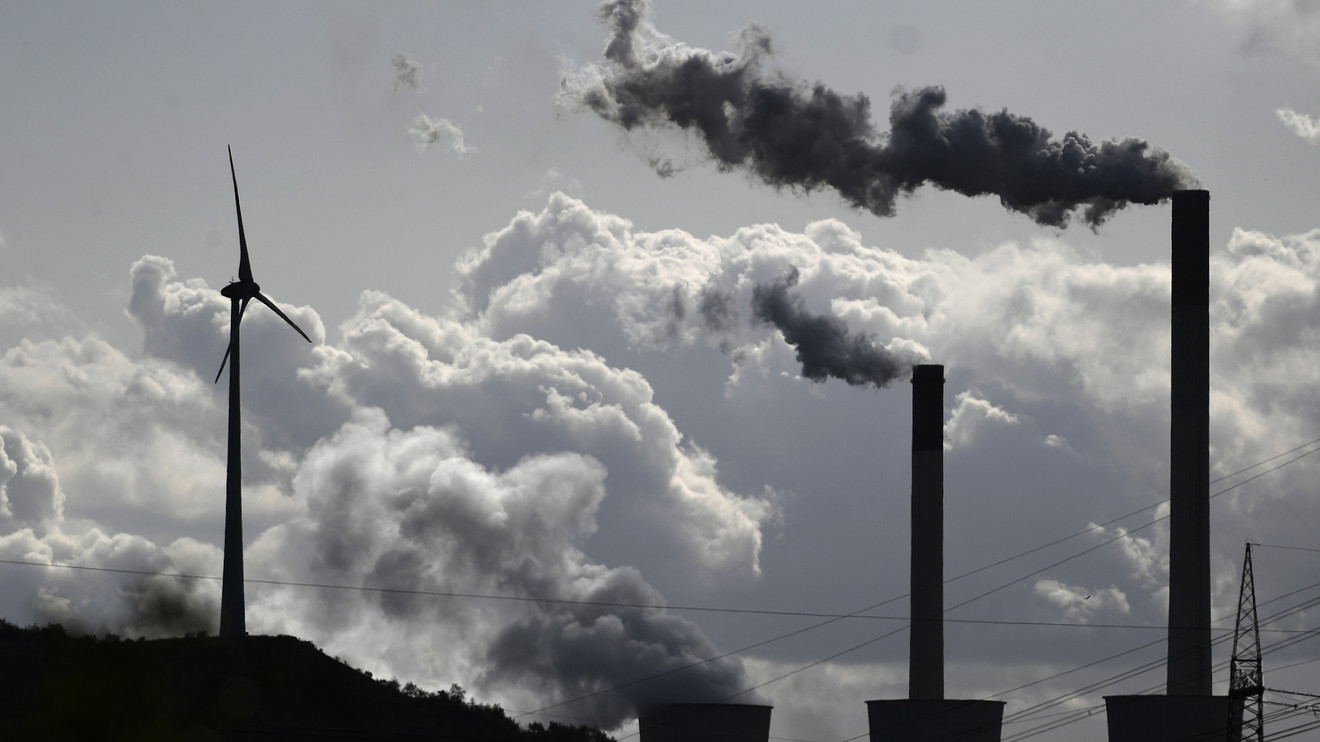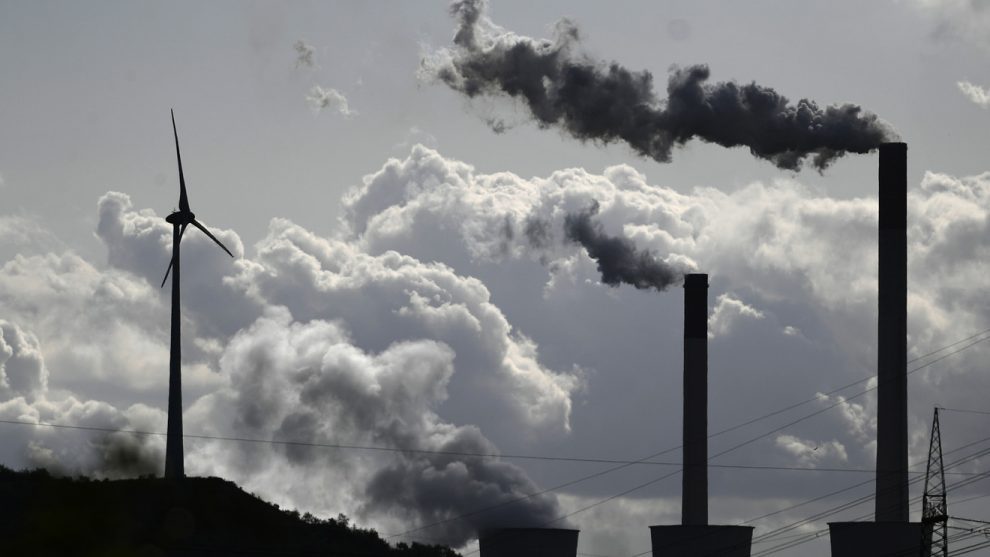
Shareholders of JPMorgan Chase & Co. JPM, -1.96% on Tuesday narrowly defeated the call for greater company disclosure around lending activities that affect climate change.
The proposal was one of six resolutions, all opposed by the company, that were defeated by shareholders at the annual meeting. The environmental resolution received a preliminary 48.6% of the votes from investors in the bank that is the leading lender to the oil patch.
Despite the defeat, environmental activists argued that the close call reflected increased interest on the part of shareholders that the bank increasingly recognize the risks associated with accelerating man-made climate change. Globally, losses from climate change are estimated to be between $150 and $790 trillion by 2100, according to some measures.
As You Sow, an environmental and corporate social responsibility advocacy group, wanted the lender to issue a report “outlining if and how it intends to reduce the greenhouse gas emissions associated with its lending activities in alignment” with global temperature goals established by the Paris Agreement. The Paris pact has called for maintaining global warming well below 2 degrees Celsius.
The corporation also opposed the latest resolution, telling shareholders in its proxy statement that it is “prioritizing its commitment to finance sustainable development” and “supporting companies that are working to strategically transition to a lower carbon economy and that are managing environmental and social risks responsibly.”
JPMorgan is the largest global financier of fossil fuels, having funneled more than $268.5 billion into the space from 2016 to 2019, averaging approximately $67 billion per year.
Earlier this year, the bank said it would end or phase out loans to some fossil-fuel interests, namely those engaging in Arctic drilling and coal mining. JPMorgan said then it will aim to facilitate $200 billion in environmental and economic development deals. But the ongoing funding of major oil firms still chafed environmentalists and select shareholder groups.
With the nearly 50% vote, “shareholders today sent the message that it is past time for Chase to catch up with its peers, implement a strategy to decarbonize and de-risk its lending portfolio, and help build a more secure future for all,” argues Danielle Fugere, president of As You Sow.
As You Sow withdrew similar climate-related proposals with other large banks — Wells Fargo & Co. WFC, -5.74% Morgan Stanley MS, -2.35% , Bank of America Corp. BAC, -3.14% , and Goldman Sachs Group Inc. GS, -2.22% — after the banks made commitments recognizing the urgent need to find systems to measure the greenhouse gas emissions associated with their financing activities toward alignment with Paris goals. Major European peers BNP Paribas, Société Générale, BBVA, Standard Chartered, and ING, with a combined portfolio of $2.7 trillion, committed to decrease the climate impact of their loans in alignment with Paris climate goals. Most recently, Barclays, the largest financier of fossil fuels in Europe, stated an intention to align its financing with the Paris climate agreement and set a target of net-zero emissions.
Fugere, who spoke at the annual meeting, also said she considered the bump in shareholder climate interest to be linked to rising concerns around COVID-19. “The investment community has not missed the parallels between COVID-19 and the global disruption that has followed. Shareholder’s significant support of this proposal underscores their position that banks are as responsible as any other company to heed the science of climate and to take early action to reduce systemic and growing risk,” she said.
JPMorgan CEO Jamie Dimon in past appearances has been critical of President Trump’s withdrawal from the Paris pact. Dimon has also said the climate-change initiatives laid out in the Democrat-designed Green New Deal push too fast toward fully decarbonizing the U.S. economy.
The bank said Tuesday it offers “transparent disclosure” of its strategy and performance on Environmental, Social and Governance issues via its website and directly with shareholders.
Read:5 ways to slow global warming that share the burden with the oil patch: McKinsey
Also at the annual meeting, a resolution calling for the chairman of the board of trustees be “an independent member of the board whenever possible” received 42% of the votes. Jamie Dimon is both CEO and chairman, and Lee R. Raymond, former chairman and CEO of ExxonMobil Corp. XOM, -3.08% , is the lead independent director.
The company urged a “no” vote on the resolution, telling shareholders in a proxy statement: “The board annually reviews and evaluates its leadership structure. For 2020, the board determined to maintain a combined role of chairman and CEO.”
Raymond has been criticized by some large pension funds, a group of state treasurers and environmental groups for his fossil fuel background, Pensions & Investments reports. The critical groups say his status as lead independent director raises questions about the bank’s commitment to improving the environment.
The company announced in a May 1 filing with the SEC that it would choose a successor to Raymond, who has been lead independent director since 2001, in that role “by the end of the summer.” The lead independent director is chosen by other independent directors on the board.
JPM shares are down 36% in the year to date and down about 20% over the past year. The Dow Jones Industrial Average DJIA, -1.58% is down 6% over the past year.
Read:Shell joins BP with plan to cut emissions — leaves analysts asking where are Exxon and Chevron?











Add Comment